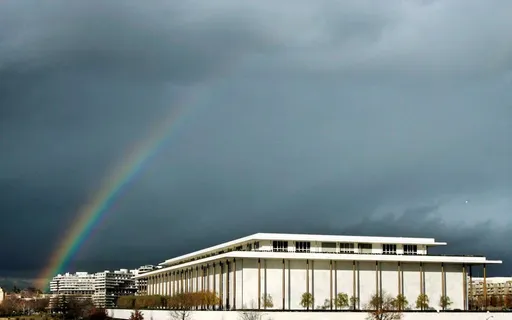The Syrian regime wants to recapture insurgent territory in the southwest through a settlement in which fighters accept state rule or leave, the foreign minister said on Saturday.
Walid al-Moualem also said the United States must withdraw from the Tanf base in the southeast. Damascus has not engaged in talks about the south, and any agreement over that region must include the pullout of US forces, he said.
The southwest, near the borders with Jordan and Israel, remains one of the big chunks of Syria still outside the control of the regime, which has recovered swathes of the country with the help of Russian jets and Iran-backed militias.
Rebel factions hold stretches of Quneitra and Deraa provinces in the southwest, bordering the Israeli-occupied Golan Heights, while Syrian regime troops and allied forces control nearby territory.
Since last year, a "de-escalation" deal, which Russia, the United States and Jordan brokered, has contained fighting there. Washington has voiced concern about reports of an impending army offensive, warning of "firm and appropriate measures" in response to any violations of the ceasefire.
Strategic border crossing
US forces are based in a southern desert pocket further east at Tanf, a strategic highway border crossing with Iraq.
Moualem said the Syrian regime forces had dropped leaflets calling on insurgents in the southwest to either surrender their weapons and settle with the state, or leave.
"We seek, initially, to solve this issue in the ways we have got used to working with, which are reconciliations. If it does not work, that's a different conversation," he told a news conference in Damascus.
Russia has said that only Syrian regime troops should be at the southern border with Jordan and Israel, which has waged air strikes in Syria to curb what it fears is Iran's expanding influence.
Tehran supports Moscow's efforts to impose Syrian regime control over the south, a senior Iranian security official was quoted as saying on Saturday.
Moualem added that that Damascus had communicated with the US-backed Syrian Democratic Forces (SDF) but no negotiation process had started over the fate of their territory in the north and east.
He said Raqqa city, which the SDF militias seized from Daesh with US support, "must be rebuilt and liberated" from any foreign presence.
Muallem also criticised a US-Turkish roadmap for "security and stability" in the city of Manbij, which is under the control of the SDF, near the Turkish border.
The SDF is dominated by the YPG, which is the Syrian affiliate of the PKK, a designated terror group by Turkey and the US, and has been fighting the Turkish state for more than 30 years. The US has been supporting the YPG in Syria since late 2014 and that has raised tensions between the two countries.
Anadolu Agency reported that the US and Turkey had reached a common understanding on a plan last week when a US delegation met with Turkish counterparts in Ankara.
The Turkish state-run Anadolu Agency cited a source who witnessed the talks between the two countries.
Under the terms of this three-step plan, the YPG will withdraw from Manbij in 30 days after the deal is signed, the report said on Wednesday.
The source said the US side found Turkey's proposal of the three-step plan favourable and pointed to Turkish Foreign Minister Mevlut Cavusoglu’s visit to Washington on June 4, where the last words will be said.
Turkish and US military forces will start joint supervision in Manbij 45 days after the agreement is signed on June 4, when Cavusoglu will meet his American counterpart Mike Pompeo, and a local administration will be formed in 60 days, the Anadolu report said.
However, US State Department spokesperson Heather Nauert denied the reports on Wednesday, saying the two countries are continuing to have ongoing conversations and that there was no agreement.
"Not just in Manbij but also in Afrin and on every inch of Syrian soil, we consider Turkey to be an aggressor," Moualem said.
"Neither the United States nor Turkey has the right to negotiate over a Syrian city," the foreign minister said.
On January 20, Turkey launched Operation Olive Branch at 1400 GMT to clear Syria's Afrin region of the YPG/PKK.
























